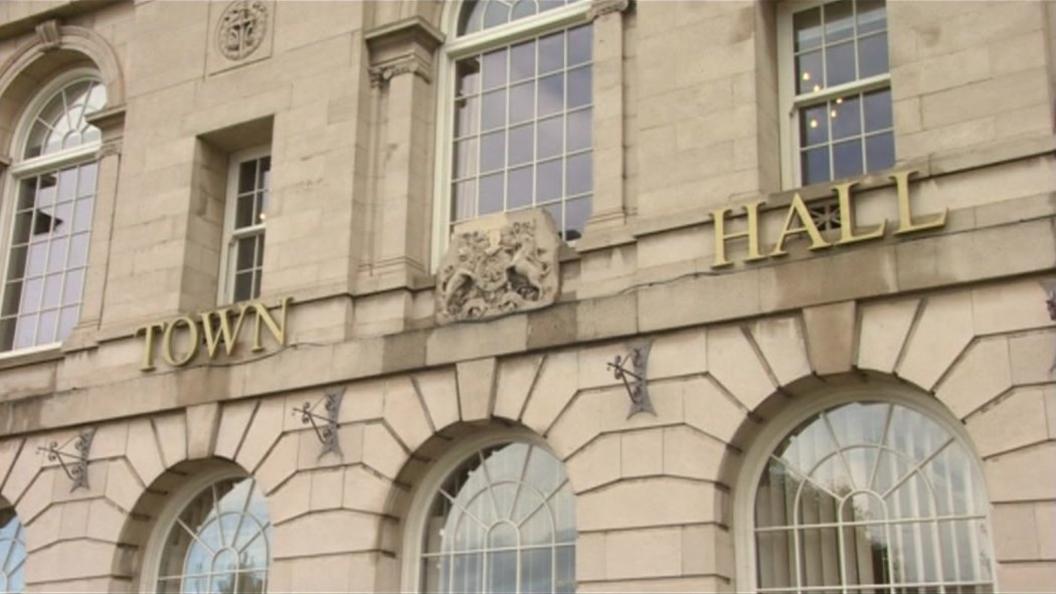Who can child abuse victims turn to if they are not believed?
- Published
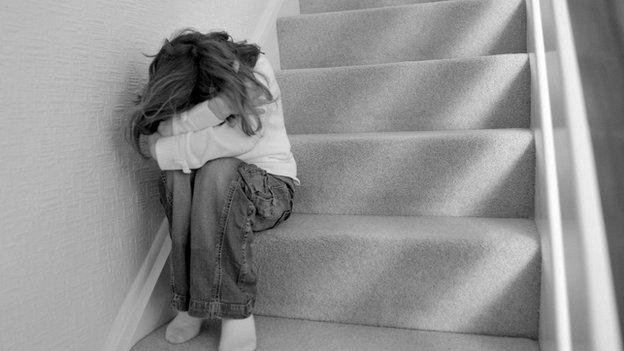
A report into child sexual exploitation in Rotherham has highlighted examples of victims not being taken seriously by police and the council's child protection service. Although the abuse that took place between 1997 and 2013 may have been identified and investigated on occasions, its seriousness is said to have often been "underplayed" or even "disbelieved".
Some of the more than 1,400 victims of abuse by gangs of men of predominantly of Pakistani origin identified by the report are now speaking out about their experiences.
But what can a child or young adult in a similar situation do if they feel they have exhausted all official lines of help?
Some victims are moved to contact their MP about their case or make an official complaint to the police, external force they have had contact with.
Victims can also complain about social services, in the first instance through the relevant local authority, external.
But charities working with victims say having an independent voice to speak on their behalf is important.
"Any children who feel they are not being listened to can turn to a charity which can speak up and lobby on their behalf to get the support they deserve," a spokesman for the Children's Society said.
In cases where victims have reported the matter to police only to be told the case is not being taken further, social services themselves may be a point of contact, the Children's Society spokesman suggested.
"Where a victim has been told there is 'no realistic prospect of a prosecution' it is important to recognise that they could be getting help from social services, which may still be in a position to put child protection measures in place," he said.
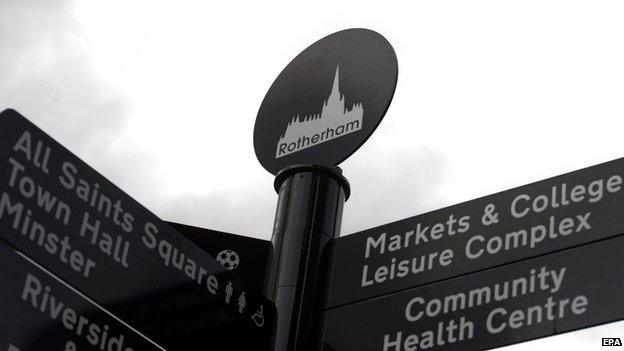
More than 1,400 victims were identified by the Rotherham report
Victim Support says the situation highlighted by the Rotherham report is one its case workers have heard all too often.
Karen Froggatt, who is in charge of the charity's specialist work with children and young people, said: "It can be utterly devastating, to have revealed intimate details of sexual abuse, to then find they do not believe you or you are treated with contempt."
She said: "If any crime victim feels they have not been believed by the authorities, then they can come to us for help and support. We will never pass judgement and anything we're told is always kept completely confidential.
"We make sure crime victims get the respect they deserve and the support they need, whether that help is practical or emotional."
She added: "Our case workers will follow up with social services and the police to check if everything is happening as we would expect."
'Long-lasting effect'
The Office of Children's Commissioner for England produced a report last year, external into child sexual exploitation entitled If only someone had listened.
An abridged version of the document was written specifically for children and young people and suggests they contact a trusted adult, an independent advocacy service or charity such as the NSPCC's ChildLine if they were victims of abuse.
When police or prosecutors decide to stop an investigation, victims can seek a review of the decision through the Crown Prosecution Service's Victims' Right to Review, external scheme.
The College of Policing, meanwhile, says training is designed to avoid the type of situation that arose under South Yorkshire Police's watch in Rotherham in the last 16 years.
Chief Constable Alex Marshall, chief executive of the college, said: "The guidance highlights warning signs, external officers should be using to identify risk to children who may be exhibiting behaviour that they are already being sexually exploited and it also provides advice on investigations involving those victims who may not want to pursue an allegation.
"Investigators should also adhere to the Victims' Code, external which is very clear that victims should be at the centre of police, prosecutors and partner agencies' work.
"The way in which victims are spoken to, the language and terminology used, will have a long-lasting effect on the individual and victims need to sense belief straight away to have confidence in the police."
- Published26 August 2014
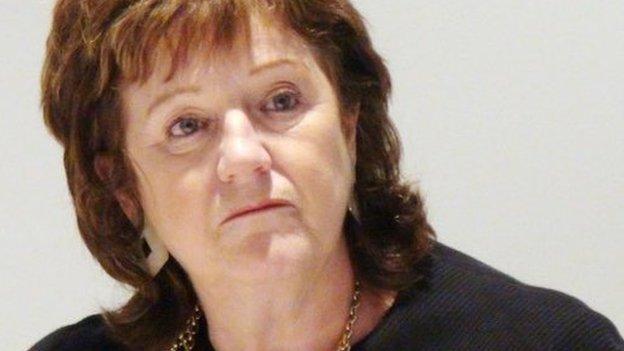
- Published27 August 2014
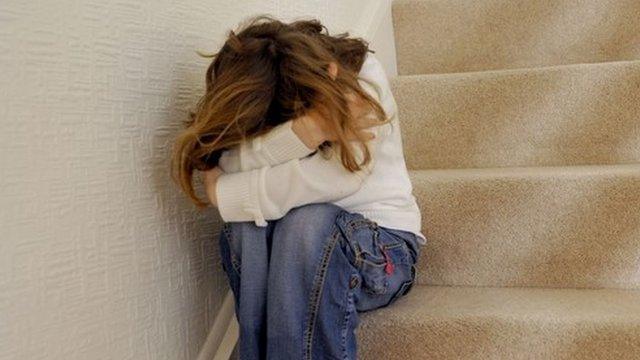
- Published28 August 2014
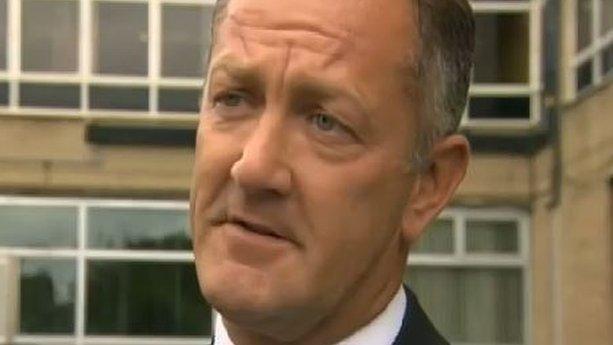
- Published27 August 2014
